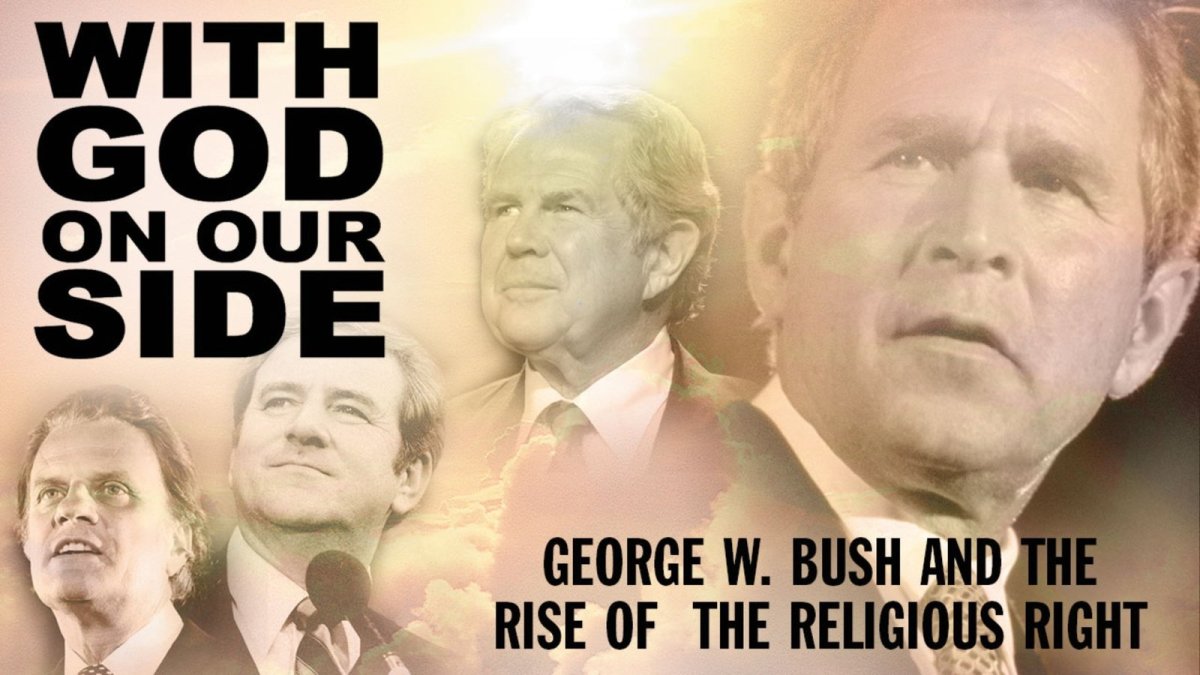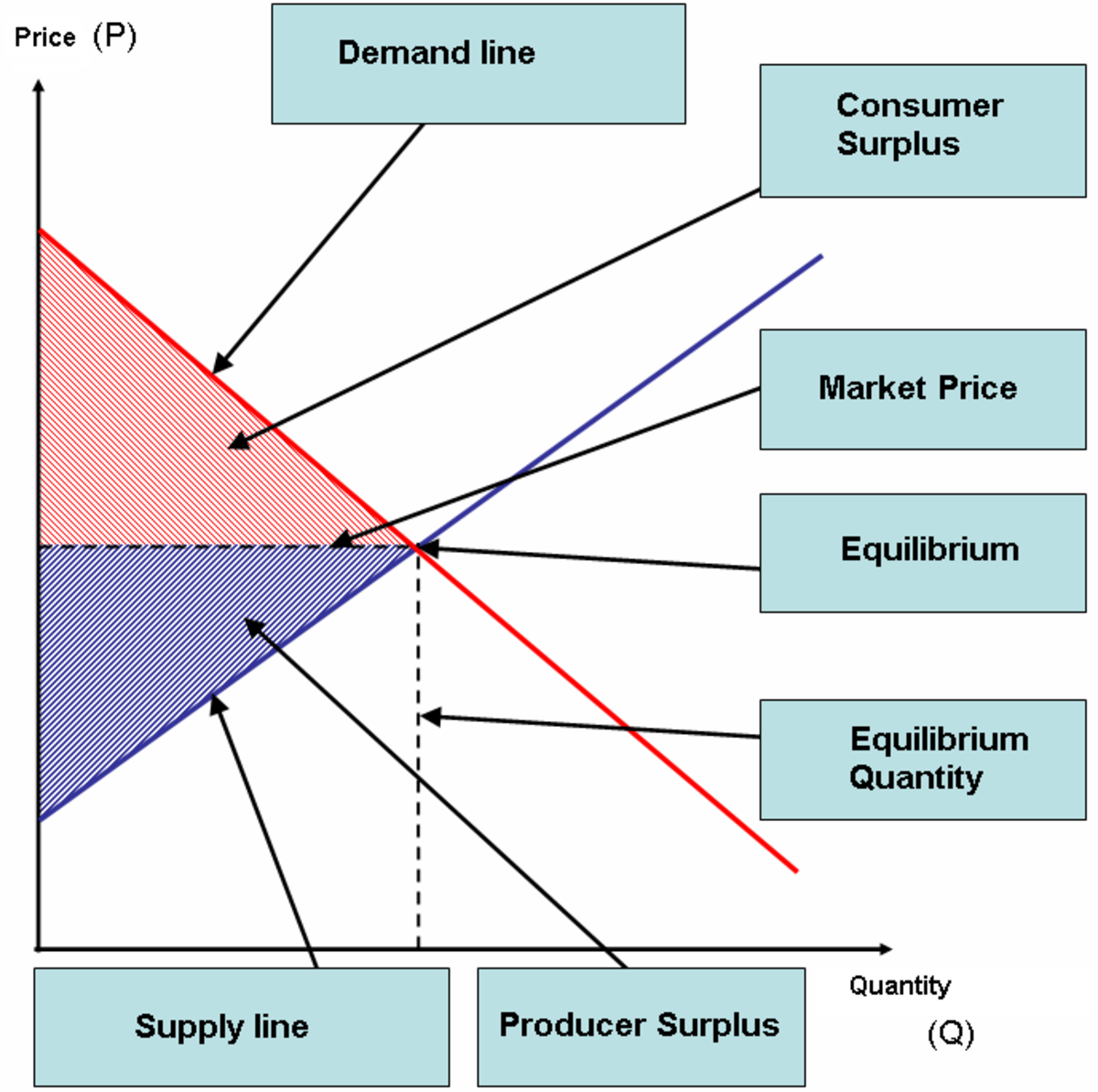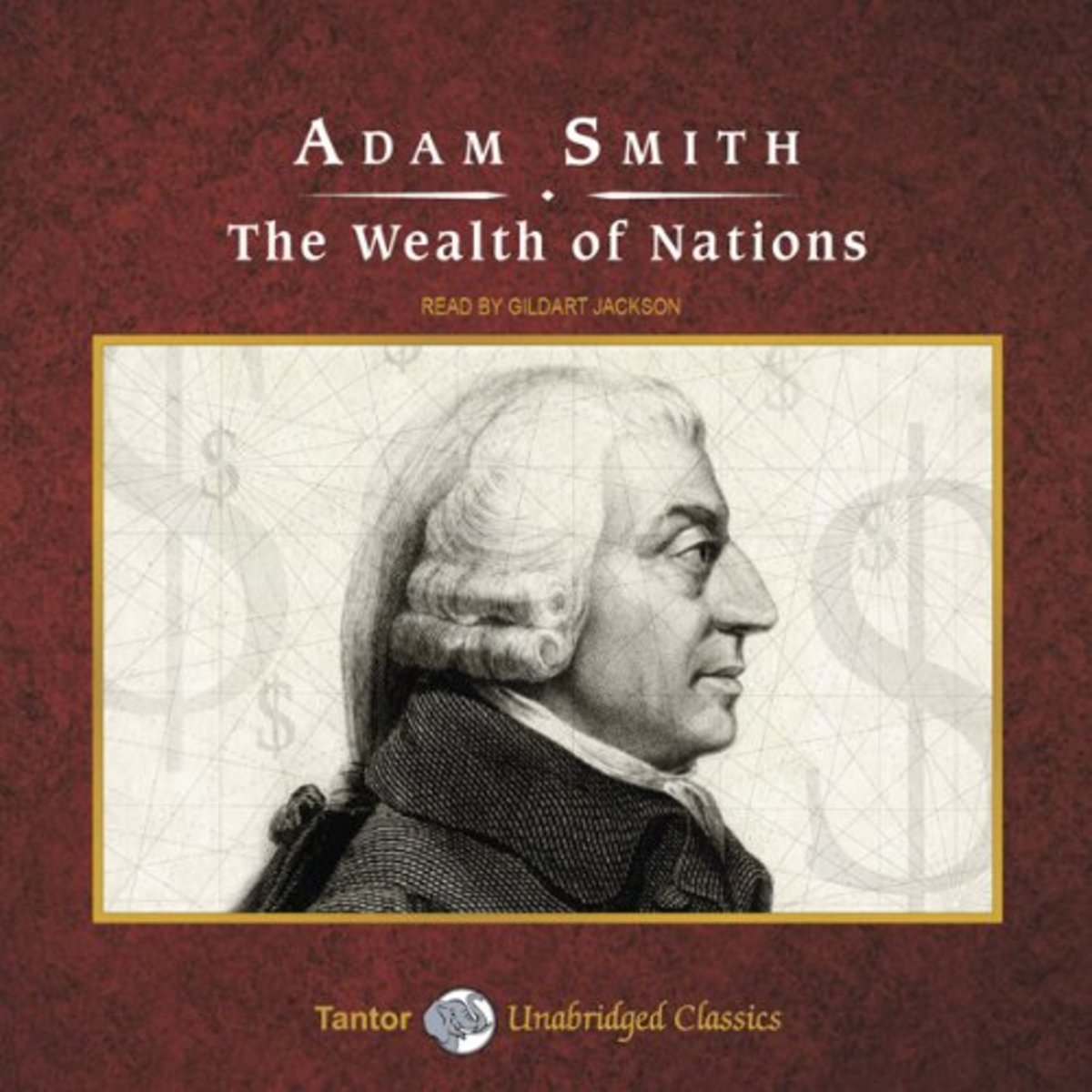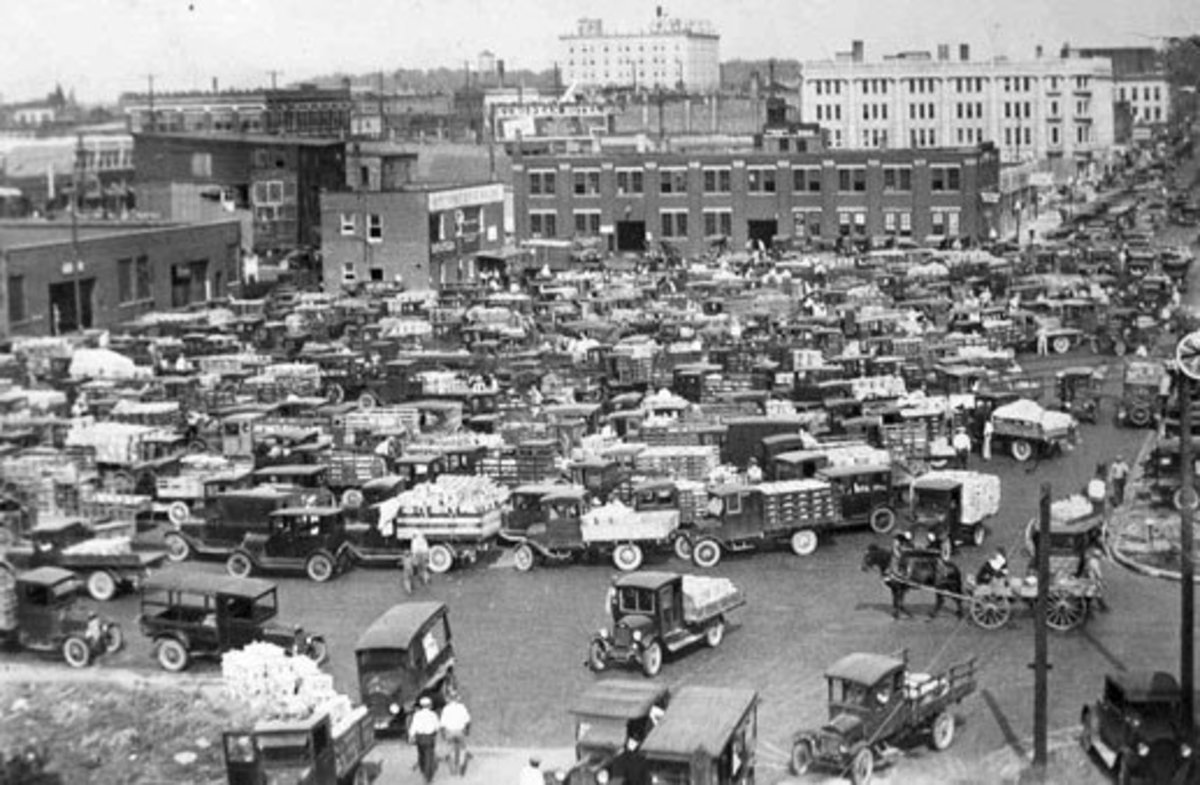‘Crony’ Capitalism: A Hate Story….Was Filmed by Michael Moore (A Big Fat Turkey!)
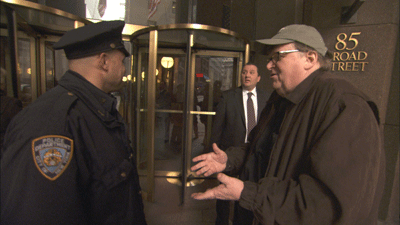
Turkeys, one of the very few domestic birds that can’t fly have built up a reputation for being a bit on the dense side. No, this isn’t an ad hominem attack on the bombastic film maker Michael Moore—as I find the guy (to some degree) to be quite hilarious. But what else can be said about Michael Moore—other than the fact that he’s a riot? A riot’s just what he may have caused if any one with half an economic brain actually would’ve taken his latest masterpiece, Capitalism: A Love Story,serious. Although it’s been a little over two years since it’s been officially released, I just got around to viewing the DVD version and was amazed at the film’s subpar economic clarity—albeit, still very comical. The comedian turned anti-capitalist crusader has been down this road before: we’ve seen the same anti-capitalist rhetoric from him in the film Sicko and I forget the other film’s name…oh yeah, I think it’s called The Big One. It really shouldn’t matter if I remember its name or not, the themes of both movies were based on the same flawed economic premise that, “big bad evil Mr. Capitalism must be stopped at all cost.”
The film Capitalism: A Love Story is both a study in hypocrisy and contradiction: from its beginning to its very end, the film is laced with the biggest economic double-standards and ambiguity that I’ve ever witnessed. In fact, the biggest economic insincerity and paradox could be with the film maker himself. Moore’s three highest grossing movies, Bowling For Columbine, Fahrenheit 911 and the more recent, Capitalism: A Love Story have earned over $300 million at the box office—according to the website celebritynetworth.com. This same site reports a staggering $50 million net worth for the controversial documentary filmmaker—a.k.a., Mr. Socialist in the flesh. With that kind of loot Michael Moore—with his camera gear in hand—has enough money to migrate to the People’s Republic of China; or better yet Laos People’s Democratic Republic; and if he doesn’t want to travel too far maybe even try the Republic of Cuba on for size. Anyone with half a brain knows Mr. Moore’s never going to expatriate to any of those nations—why? Because the first thing those socialist regimes will do to a pompous filmmaker—upon arriving in its airports—is confiscate his video camera, bend him over and stick “censorship” on his butt.
What Michael Moore will do, however, is remain in the good ‘ole USA and continue to make bland movies (the exception being Bowling For Columbine, & Fahrenheit 911) with the same anti-capitalist/pro-socialist bent but to no real long-term avail. Moore will never reveal his latent business model to the public, whereby his loyal paying audience suddenly abstains from buying into his form of anti-capitalistic idiocy. Nonetheless, for what it’s worth, I think the guy’s a marketing genius. What Michael Moore markets—i.e., packages-up and sells (mostly to a verdant college audience), seems to be apart of the same old song: “the big bad greedy corporations are evil…only out for profit; therefore, capitalism –as an economic system—must be evil too.” Let’s be honest here: a multimillionaire calling capitalism evil is like the pot calling both the kettle and the stove burner black. In addition, Moore’s own hidden profit motives, in a capitalistic sense, represents nothing more than the same bottom-line free marketers adhere too—ironically, the same bottom-line he purports to have issues with. Alas, in order to better his standard of living and increase his own personal utilization—b.k.a, satisfaction level—he preys on his vastly innocent yet economically uninformed viewing audience.
Economics 101…For Michael Moore
For a fat kid who probably smoked too much reefer in college—i.e., Tommy Boy style—thereby oversleeping through most of his economics classes, I’ll do my very best to explain some very simple economic concepts to him:
Capitalism, aka Pure Capitalism, aka, Laissez Faire is characterized by the private ownership of resources and the use of a system of markets and prices to coordinate and direct economic activity (Stanley L. Brue: Macroeconomics.) In a nutshell, capitalism just means “free markets” tag on the fashionably French phrase of laissez faire—which translate to “let it be”—and you have the following macroeconomic accepted phrase of: “Let Markets Be Free.”
Crony capitalism is a term describing a capitalist economy in which success in business depends on close relationships between business people and government officials. It may be exhibited by favoritism in the distribution of legal permits, government grants, special tax breaks, and so forth. In its lightest form, crony capitalism consists of collusion among market players. Crony capitalism is generally associated with more virulent government intervention. (wikipedia.) To go a bit further than wikipedia’s informal definition of crony capitalism, my own personal inference on the subject matter is in reference to what I like to call distorted capitalism which is an explicit deviation from pure capitalism—i.e, corporate greed, (TBTF), moral hazards, big gov.’s abject intervention—are all key variables in this new style of perverted pure capitalism.
Communism, aka Command economy, aka Capitalism’s polar alternative is characterized by public ownership of virtually all property resources and the rendering of economic decision through central economic planning (Stanley L. Brue.) In a nutshell communism just means the government takes “command” of the markets; therefore, placing them in the hands of a central planner.
In conclusion, Moore’s attack on capitalism is a bona fide moot point—without question. For starters, what he appears to be at odds with isn’t capitalism at all: the word capitalism in the film’s title could easily have been supplanted with “absolutism,” “fascism,” “corporatism” or any other “ism” that seems to jazz well with the idea that governments—in the style of Roger Mayweather—“don’t know s*&t about markets.” Nonetheless, Moore, the marketing genius that he is, choose the word “capitalism” for its marketing value. With out question, Michael Moore, doing his own rendition of collective narcissism, made a film about everything other than pure capitalism. Thus, driven by his own form of capitalistic profit motives, packaged up a hodgepodge version of his idea of pure capitalism—i.e., elitism, nepotism, classism, corporatism, fascism, absolutism—made it into a 127 minute video clip, burned it on to a DVD, place artwork on the case, slapped a price tag on it and the rest is, shall I say, “capitalistic history.”


